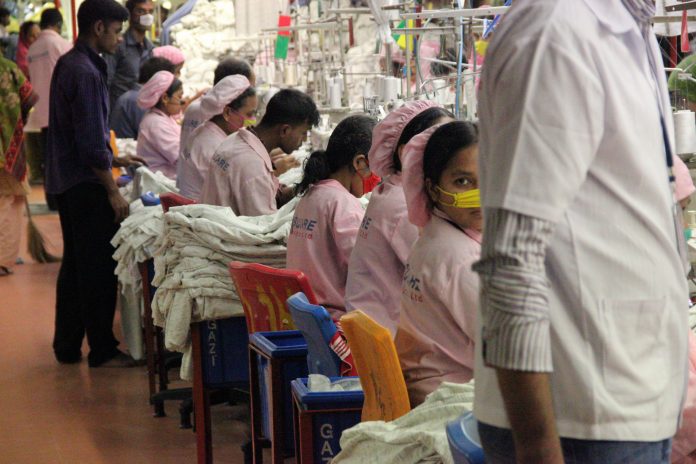On the request of the Socialists and Democrats, the European Parliament voted today a resolution on the deteriorating human rights situation in Bangladesh, where the government has intensified its crackdown on civil society, media, and critics. The imprisoning of Shahidul Alam, an internationally recognised photojournalist who did nothing but criticise the authorities for the use of violence against protesting students, is just one recent example.
The European Parliament expresses serious concern at the deteriorating human rights situation in Bangladesh and, in particular, at the ongoing crackdown against the media, students, activists and the political opposition. It calls on the country’s authorities to conduct independent investigations into reports of extrajudicial killings, enforced disappearances and excessive force, including the cases of Maroof Zaman and Mir Ahmad Bin Quasem, and bring those responsible to justice in accordance with international standards.
The resolution conveys the European Parliament’s appreciation for the constructive role played by Bangladesh under difficult circumstances in accepting Rohingya refugees from neighbouring Myanmar. At the same time, it also urges the governments of Bangladesh and Myanmar to immediately reconsider the decision to start repatriating Rohingya refugees, since the conditions for a safe, dignified and voluntary return have not yet been met.
MEPs call on the EU and other international donors to step up their efforts in providing the necessary financial and material aid to Rohingya refugee camps in Bangladesh.
“The EU must remind Bangladesh of its international human rights obligations. There is a visible increase in attacks and arrests of journalists, students, human rights defenders and members of the political opposition. This crackdown on the civil society must stop. Bangladesh must safeguard media freedom and freedom of expression and release all activists, journalists and students, including photojournalist Shahidul Alam,” said Soraya Post MEP, S&D Group spokesperson for human rights.
“We also remain deeply concerned at the prevalence of child marriage in the country, which is one of the highest rates in the world. Bangladesh has to ensure the minimum age for marriage for women is 18 without exceptions,” Post concluded.
“We are not only fighting for good working conditions for workers in Europe, but also for people elsewhere in the world. Therefore, I’m very happy that we tabled this resolution and also put the health and safety of workers on board! The inspections in the garment factories in Bangladesh are still necessary. The government of Bangladesh has to realise that. All must be done to avoid disasters such as the collapsing of clothing factory Rana Plaza in Bangladesh five years ago that took 1,138 lives,” commented Agnes Jongerius, vice-chair of the employment and social affairs committee.
The text was adopted by a show of hands.

